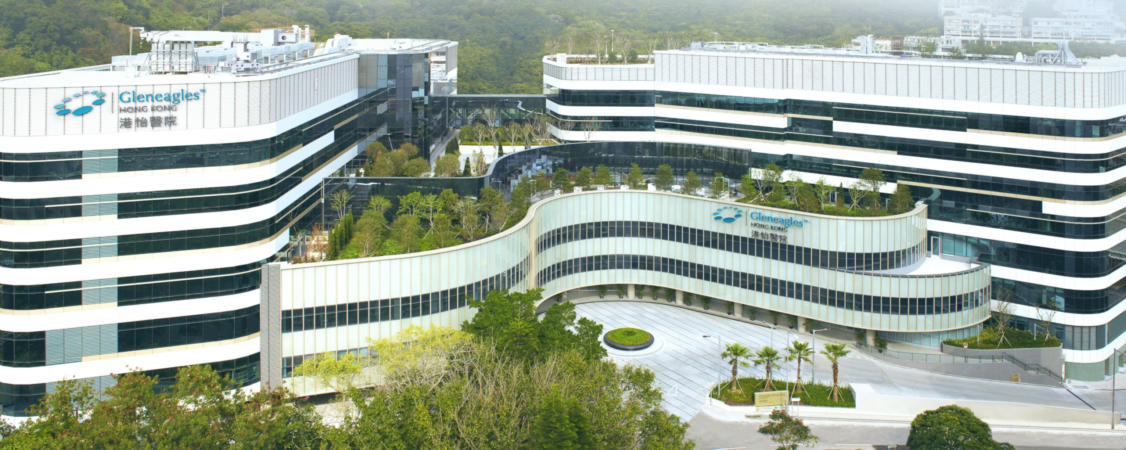Prostate cancer
What is Prostate Cancer?
Prostate cancer is an abnormal growth of tissue in the prostate, which is a walnut-sized gland that produces semen. Most prostate cancers grow slowly, but they sometimes spread to other parts of the body.
The causes of prostate cancer are not known, but you may be at risk if you:
- Are older than 50 years
- Have a family member with prostate cancer
- Smoke tobacco
- Have dark skin
- Eat a high-fat diet and are overweight
- Have high testosterone (male hormone) levels if you take testosterone therapy
There are usually no symptoms of prostate cancer. Most men who reach the age of 80 years will have prostate cancer. As most prostate cancers grow slowly, many men will die of other ailments of old age without ever knowing that they have prostate cancer. If you do have symptoms, they are likely to be:
- Difficulty in passing urine
- Only passing a trickle of urine
- Less force in the stream of urine
- Burning or pain when urinating
- Not being able to urinate
- Blood in your urine or semen
- Pelvic, back or hip pain
- Weight loss
As prostate cancer develops slowly, and treatment may have risks, doctors often simply monitor the tumour rather than treat it immediately. Treatment depends on your symptoms, age and general health, and on the type and stage of the cancer.
Treatments include:
- Surgery to remove the prostate — side effects of urinary incontinence and impotence may occur
- Hormone therapy to counter the effect of testosterone
- Chemotherapy to relieve the symptoms of prostate cancer
- Radiation therapy (high-energy X-rays) to kill the cancer cells
- Radioactive implants (brachytherapy) to deliver a high dose of radiation
- If you are older than 50 years, you should discuss the possibility of prostate cancer screening with your doctor.






